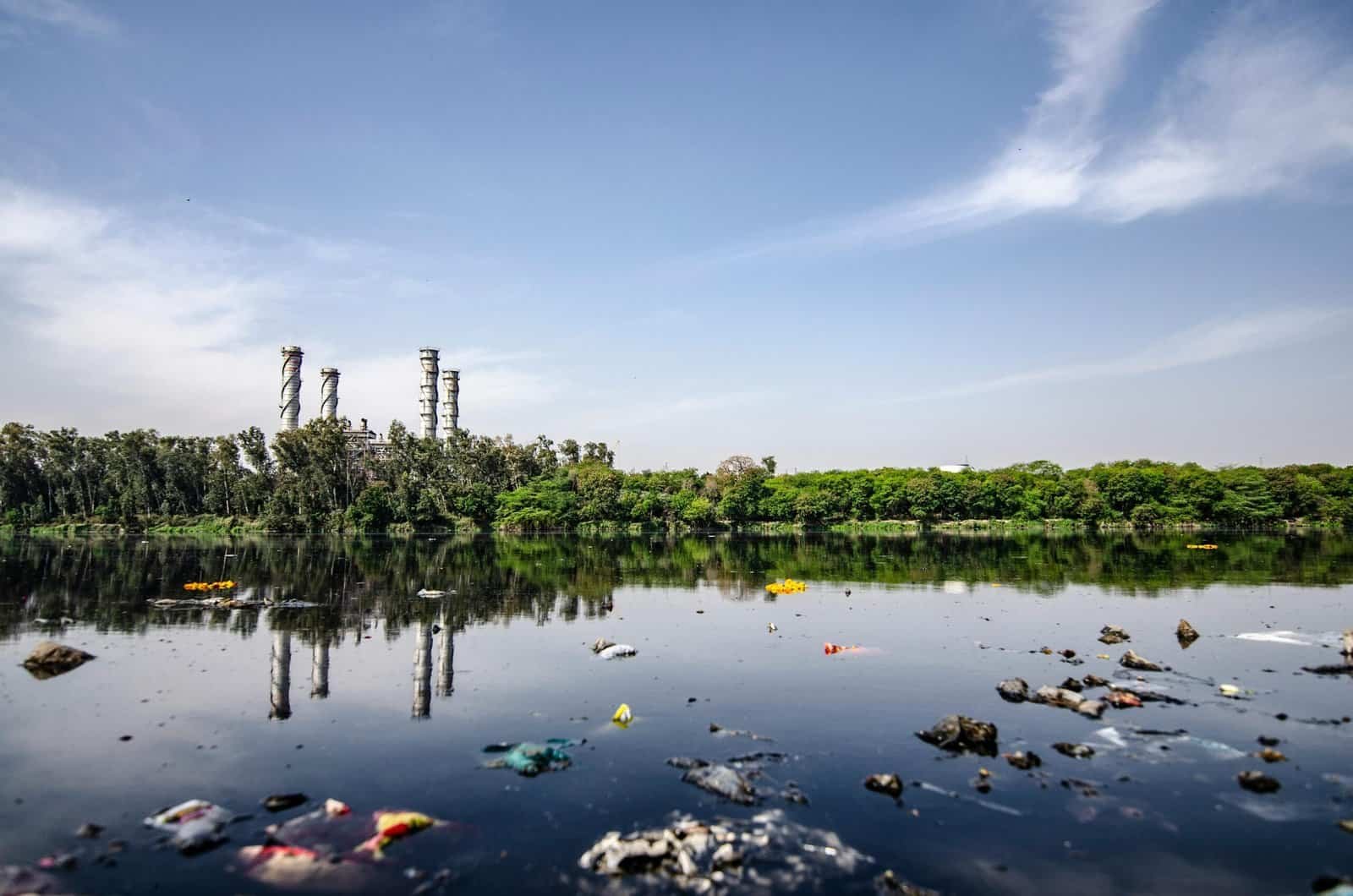Have you ever turned on your tap, only to be greeted by the unpleasant smell of sulfur? It’s an experience no one looks forward to, and it can leave you questioning not only the quality of your water but also what steps you should take next.

Understanding the Source of the Sulfur Smell
Before you address the sulfur smell in your water, it’s crucial to understand where it might be coming from. The scent of sulfur is usually reminiscent of rotten eggs, which can make even the thought of drinking water quite unappealing.
Causes of Sulfur Smell in Water
The odor typically stems from hydrogen sulfide gas present in your water supply. This gas can form through multiple processes, primarily due to the decay of organic matter and chemical reactions with soil and rocks.
Here’s a breakdown of common sources:
| Source | Description |
|---|---|
| Groundwater | In certain regions, groundwater can dissolve sulfur-containing minerals, leading to the natural occurrence of hydrogen sulfide. |
| Water Heaters | In some water heaters, a reaction between the anode rod and sulfate-reducing bacteria can produce sulfur smells. |
| Well Systems | Bacterial growth in private well systems or plumbing pipes might introduce hydrogen sulfide. |
| Municipal Supply | Although rare, sulfur contamination can happen in municipal water supplies due to nearby industrial activities. |
Potential Health Effects
A critical question that arises when encountering a sulfur smell in your water is whether it’s safe to use. While the odor is off-putting, hydrogen sulfide is typically not harmful at the concentrations that produce a noticeable smell. However, it’s worth noting that high concentrations can lead to nausea or headaches.
Ensuring Your Water is Safe
Testing your water is a prudent step. You can utilize a home test kit or professional services to assess hydrogen sulfide levels and identify other potential contaminants.
Diagnosing the Problem with Your Water Supply
Pinpointing the exact source of the sulfur odor will help you determine the best course of action. The following strategies can assist you in diagnosing the problem:
Step-by-Step Diagnosis
Smell Test: Determine if the odor comes from both hot and cold water. If it is only present in hot water, the water heater is likely the culprit. If both sources emit the smell, the issue may lie in your water source or plumbing.
Location Check: Verify if the smell is occurring in all taps or isolated to specific locations. If it’s confined to certain areas, the plumbing might be responsible.
Professional Testing: If necessary, professional water testing services can assess sulfur levels and identify other contaminants.
Addressing Sulfur Smell from Different Water Sources
Once you’ve identified the potential source, the next steps involve treatment options to eliminate the odor. The approach will differ depending on whether you’re dealing with a private well, municipal water, or water heater issues.
Private Well Systems
If your sulfur smell originates from a well, consider these treatments:
Shock Chlorination: This method uses chlorine to disinfect water and kill bacteria causing hydrogen sulfide production.
Activated Carbon Filters: These are effective at removing sulfur odors for mild contamination levels.
Aeration Systems: They introduce air into water, encouraging hydrogen sulfide to vaporize and dissipate.
Municipal Water Supply
If your municipal supply has a sulfur odor:
Home Filtration Devices: Depending on the contamination level, carbon filters or reverse osmosis systems can effectively deal with the problem.
Report to Authorities: Contact your local water supplier to inquire about community-wide solutions or ongoing issues.
Hot Water Heater Odors
When sulfur smells are localized to hot water, consider the following:
Replace Anode Rod: Switching to an aluminum-zinc alloy rod can prevent reactions that produce sulfur.
Periodic Flushing: Regularly flush your water heater to remove sediment that supports bacterial growth.
Temperature Adjustment: Increasing the water heater’s temperature can kill odor-producing bacteria—take care to reset it to safe levels afterward.

Preventive Measures for Future Peace of Mind
Preventing future occurrences can save you from the inconvenience of dealing with sulfurous water again. Adopting some proactive measures can result in long-term peace of mind.
Regular Maintenance Tips
Routine Testing: Regular testing can alert you to rising hydrogen sulfide levels before they become problematic.
System Inspections: Conduct periodic inspections of your plumbing and appliances to ensure they’re functioning correctly.
Proper Ventilation: Ensure your water tank and storage areas have adequate ventilation to prevent stagnant conditions conducive to bacterial growth.
FAQs: Quick Answers for Common Concerns
You might have lingering questions about dealing with sulfur-smelling water, so here are some common inquiries for quick clarification:
Can Sulfur Smell Indicate Another Contaminant?
Yes, sulfur odors can sometimes mask or indicate other water quality issues, such as the presence of iron bacteria or low pH levels. Comprehensive water testing is advisable.
Is Bottled Water a Temporary Solution?
While using bottled water is not a permanent fix, it can serve as a temporary measure until you address the primary issue.
Will a Water Softener Help?
A standard water softener is not designed to remove hydrogen sulfide effectively. Specific filtration systems are preferable for treating sulfur odors.

Embrace a Fresh Water Experience Again
It’s disheartening to be confronted with an off-putting sulfur smell from your water, but understanding the reasons and solutions is empowering. Once you identify the source and implement the proper treatment, you’ll be back to enjoying fresh, odor-free water in no time. Your journey to solving this issue is straightforward, and knowing the correct steps to eliminate the sulfur smell ensures your water remains pleasant and safe for everyday use.
By following these guidelines, you can overcome the sulfuric challenge, ensuring every drink of water is refreshingly pure. Every step you take towards making your water clean is a step towards better health and comfort in your home. If uncertain, consulting with water specialists can provide tailored advice and solutions to your specific situation, ensuring that the next time you turn the tap, you’re met with nothing but clean, blissfully odorless water.
